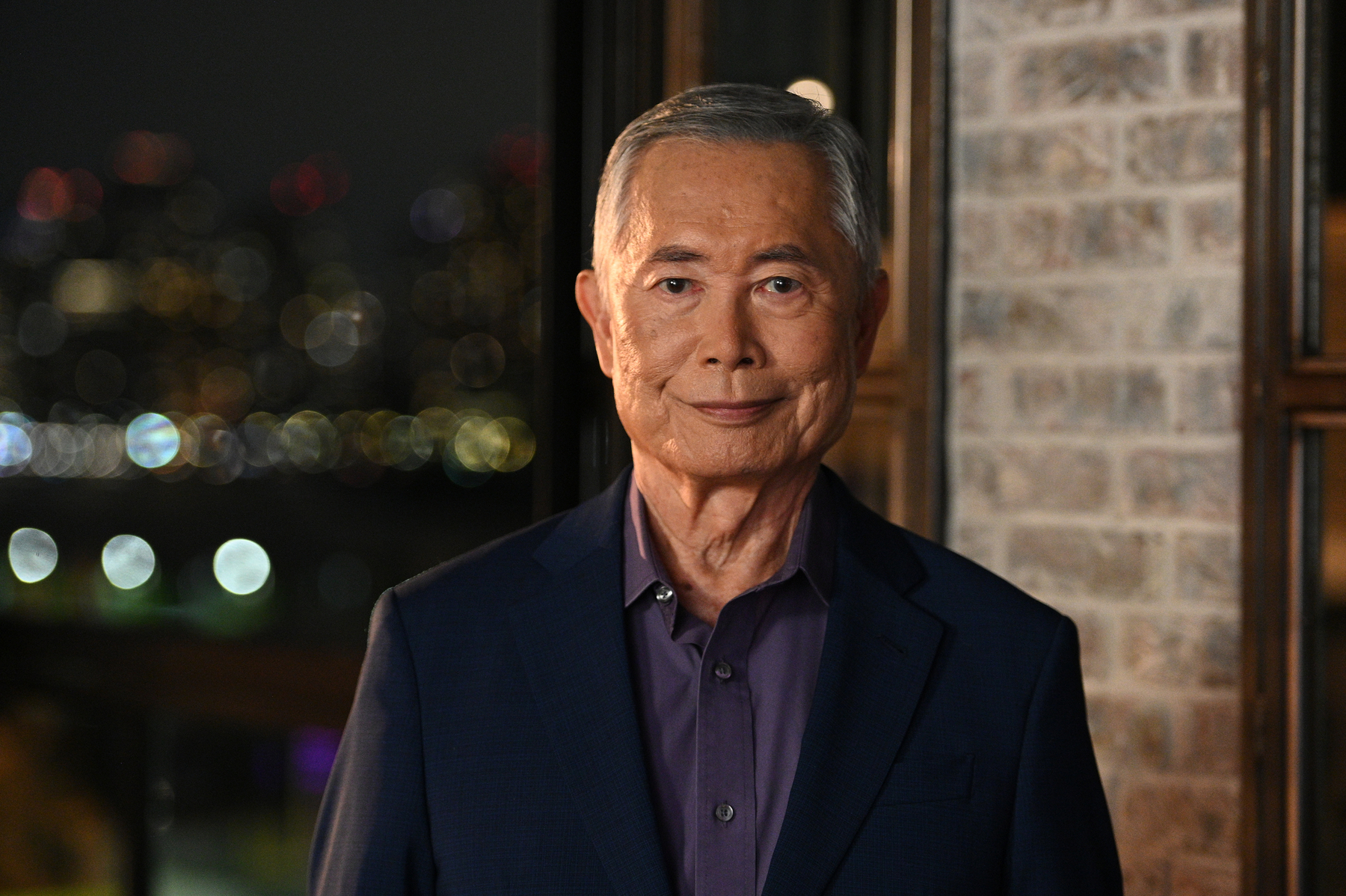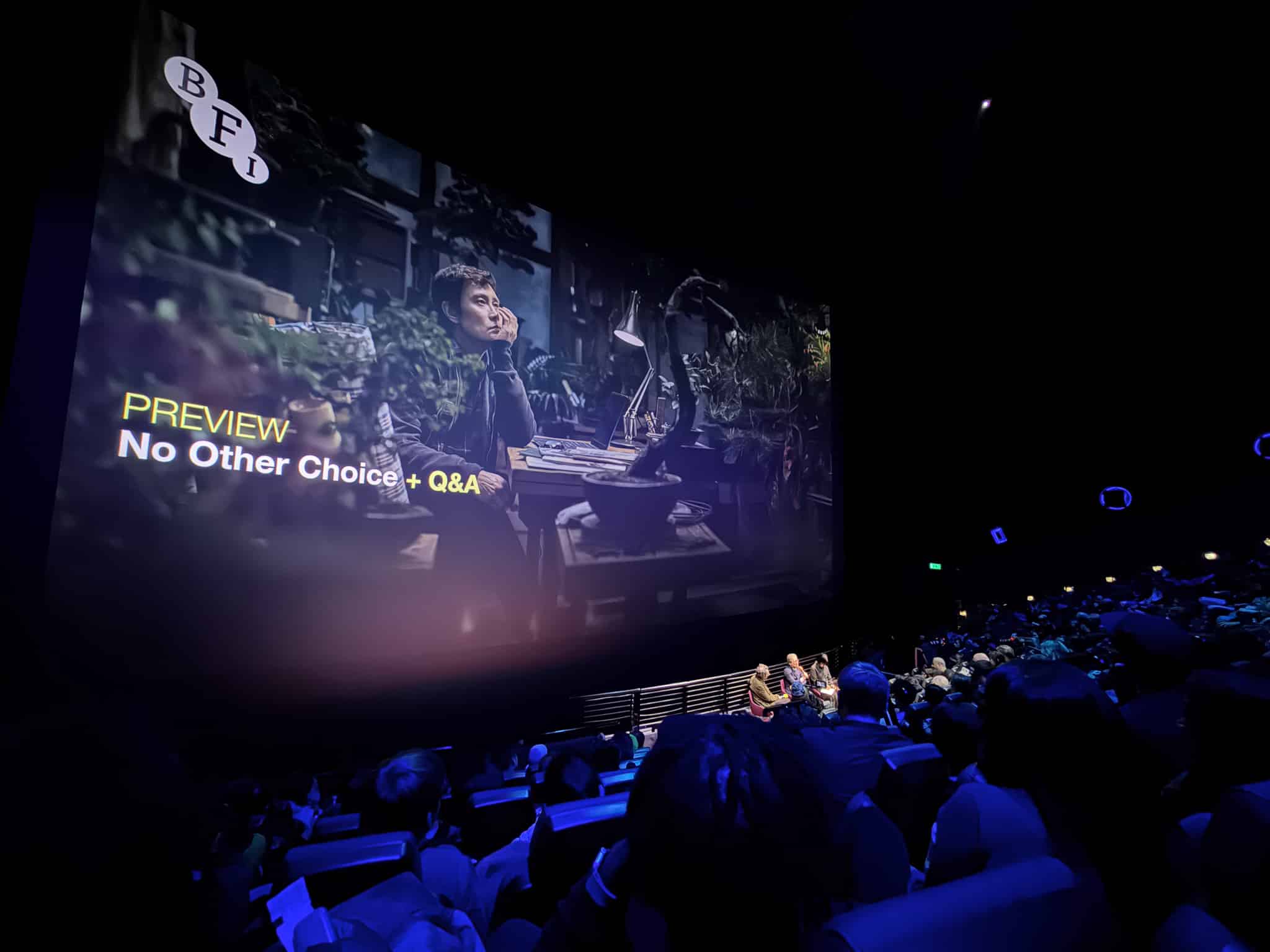In a poignant reflection on a dark chapter of American history, Star Trek icon George Takei delivered a powerful message on February 18th, 2024, marking the 82nd anniversary of the unjust incarceration of Japanese Americans during World War II.
“My mother was born in Sacramento, California,” began George Takei, the renowned Star Trek actor and activist, recalling his family’s experience during World War II. “My father was born in Japan, brought to San Francisco as a boy. And so he was raised, educated, went to college in San Francisco, and me, my brother and my sister are the children of these Americans. And yet we look just like the people that bombed Pearl Harbor. The country went hysterical.”
The hysteria led to President Franklin Delano Roosevelt’s infamous Executive Order 9066. As Takei explained, “On February 19, 1942, in the height of insanity of racism, he signed Executive Order 9066, which ordered all Japanese Americans on the West Coast to be summarily rounded up and imprisoned in 10 barbed wire prison camps with no charges, no trial, no due process.”
Read more: Michelle Yeoh Stars in Paramount+’s ‘Star Trek: Section 31’ Movie
The order tore families apart, including Takei’s own. “We saw two soldiers marching up our driveway carrying rifles with shiny bayonets on them,” he vividly recalled. “They stopped up the porch right in front of our window and banged on the front door. And my father answered the door and one of the soldiers pointed the bayonet at our father right in front of us and ordered us out of our home.”
“I just turned five in April and this was May when they came to take us away,” Takei continued, detailing the emotional toll. “My mother had tears streaming down her cheeks.”
They were initially housed in horse stalls at a racetrack, “excited” at first for a young Takei, but the reality was harsh. “My mother kept talking about degrading and humiliating,” he said, describing the “stench of horse manure” and the sickness it brought.
After months, they were transported to Arkansas, and later, based on his parents’ deemed “disloyalty,” to a more militarized camp. “They selected one of the 10 camps, the one in Northern California, right by the Oregon border to Tule Lake as the segregation camp for disloyals,” Takei recounted.
This experience instilled in Takei a passion for justice. “I wasn’t a child anymore after the war,” he emphasized. “I started reading things and remembering things. And I knew I learned that it was unjust.” He credited his father for instilling democratic ideals in him.
Takei acknowledged the apology and redress offered by President Ronald Reagan, but the personal loss remained. “That was the most painful part of an otherwise very good event,” he said of his father’s absence. “And my mother said yes, daddy is not here. But daddy always knew that this day would be coming.”
Read more: Daniel Dae Kim Praises ‘Flower Drum Song’ For Being ‘Unapologetically Asian’
Since then, Takei has taken on a new mission. “We have setbacks in democracy,” he admitted. “But my father said you never give up. You keep on keeping on. And you try to keep our democracy as strong and as truthful and as vibrant as we can.”
He concluded with the iconic Star Trek phrase, “As we say on Star Trek, live long and prosper,” adding, “I have lived a long time and I prosper by having these opportunities to talk to you here in wonderful luxuriant paradise, Hawaii.”










